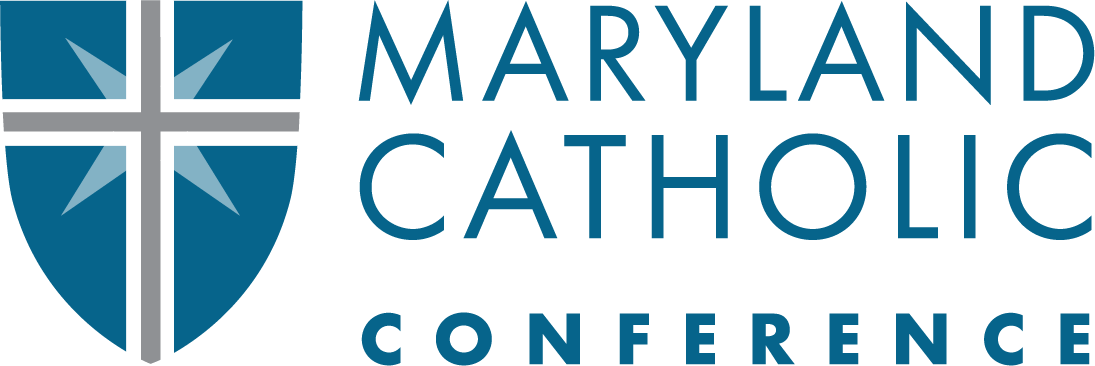Information only
Committee: Education, Energy & the Environment
SB0234
The Maryland Catholic Conference offers information regarding Senate Bill 234. The Catholic Conference is the public policy representative of the three (arch)dioceses serving Maryland, which together encompass over one million Marylanders. Statewide, their parishes, schools, hospitals and numerous charities combine to form our state’s second largest social service provider network, behind only our state government.
SB 234 would establish a homeless shelter certification program in the Department of Housing and Community Development. The Department would be required to develop operational and building standards for homeless shelter and minimum standards for the protection of the rights of shelter residents.
While we commend the intent of this legislation to ensure safe and dignified conditions for those experiencing homelessness, we wish to express certain concerns and items for consideration. Ensuring that individuals seeking refuge in shelters are treated with compassion, respect and provided with safe conditions reflects the moral imperative to care for our neighbors in need. The effort to establish operational and building standards for shelters is a positive step towards affirming the value of every life.
However, we are concerned that if certification standards are set too high or become overly complex, many smaller nonprofit shelters, especially faith-based and community-run organizations, may struggle to meet the requirements due to limited budgets and staffing capacity. These smaller shelters often serve as lifelines for vulnerable individuals and families. If they are unable to meet certification standards, it could lead to shelter closures, ultimately reducing the availability of life-saving services across the state.
Additionally, we urge the Committee to consider that any shelter achieving certification under the proposed standards should be allotted recurring state funding to help sustain the vital services the state has deemed essential and worthy of certification. Certification without financial support may place an undue burden on shelters, many of which are already operating with constrained resources. Recurring funding would help ensure not only compliance with certification requirements but also the continued ability to serve the most vulnerable in our communities with dignity and care.
The legislation should also clarify how the certification process will be implemented and operationalized. Transparency, collaboration with shelter operators, and a phased approach to compliance – especially for smaller nonprofits – would be essential to balancing accountability with sustainability.
We support the intent of this legislation to create safe and dignified environments for those experiencing homelessness but urge legislators to ensure that certification standards are realistic, sustainable, and paired with the necessary financial support to prevent the reduction of critical shelter services in Maryland.
Thank you for your consideration of the information set forth in this testimony concerning SB 234.
